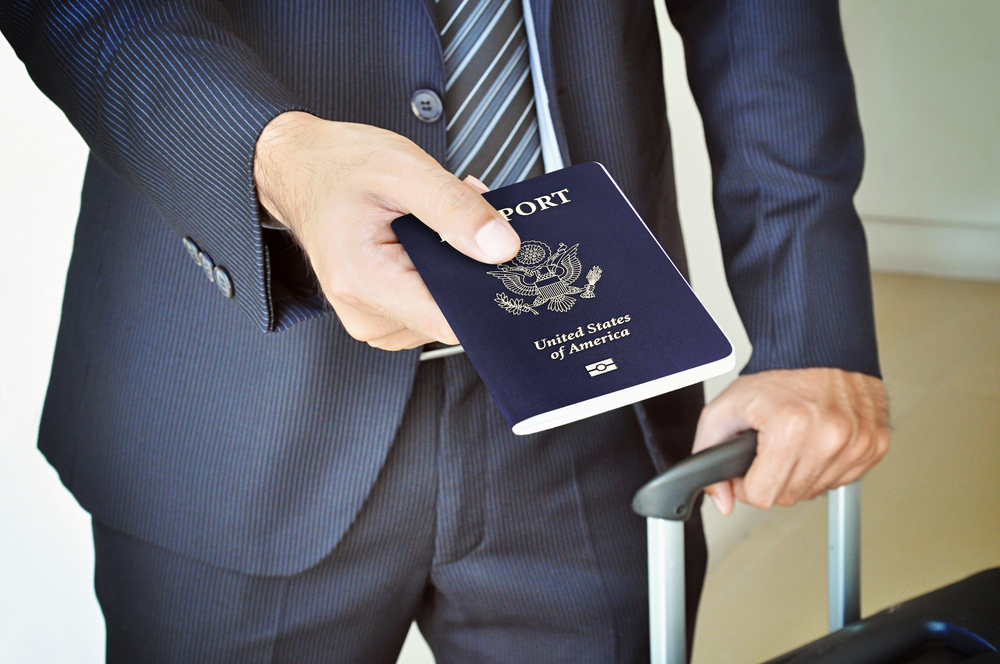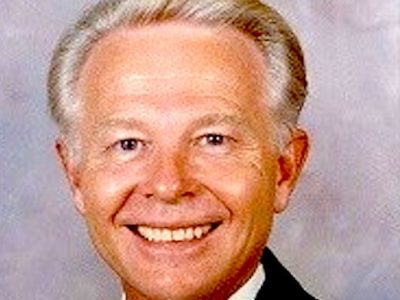The cost of skipping long airport queues is set to increase due a hike in fees for expedited security programs, according to a recent press release by the U.S. Customs and Border Protection (CBP), but a passport app may help.
Effective from Oct. 1, the fee for the Global Entry program, for instance, will rise from $100 to $120.
Global Entry facilitates expedited clearance for pre-approved, low-risk travelers upon their arrival at selected U.S. airports. Users verify their membership by capturing a photo, then receive on-screen instructions to proceed to a CBP officer who confirms their successful completion of the process.
However, applying and gaining access to this accelerated clearance service can span “several months,” including submitting an online application and waiting for a conditional approval and an in-person interview either before travel or upon arrival at the airport.
For those who would like to avoid the extra $20 fee or deal with the potentially lengthy wait times, CBP suggests an alternative: a passport app called Mobile Passport Control (MPC).
The free app allows travelers to submit their photo, customs declaration and passport information to expedite their re-entry into the country at participating airports. This means getting access to dedicated lines for MPC users, offering a swift passage through immigration.
“Travelers who successfully use the MPC passport app will no longer have to complete a paper form and may be provided a designated queue,” the U.S. CBP notes on its website. “As a result, travelers may experience shorter wait times, less congestion and efficient processing.”
Business-Leisure Travel Shifts
The mobile app proposition by CBP is poised to attract younger, tech-savvy travelers, who also show a strong preference for digital wallets for their payment needs.
Furthermore, Gen X and millennial consumers play significant roles in driving the surge in travel expenses, accounting for approximately 31% and 28% of expenditure, respectively. This underscores the importance of tailoring services to meet their preferences and travel needs.
And as more consumers are slated to travel this year, prioritizing the needs of leisure travelers should be a top priority for businesses in the travel industry.
According to Richard Wazacz, CEO at foreign exchange company Travelex, there’s been a notable shift in the business-leisure travel mix, with a greater number of consumers compared to business travelers.
This shift will significantly influence the dynamics of the travel ecosystem this year, Wazacz said, pointing to reports by airlines like British Airways highlighting a decline in business class bookings alongside a surge in economy and economy plus bookings.
“This [trend] clearly has impacts on the ecosystem because business travelers and leisure travelers behave differently and have different needs,” he explained.











